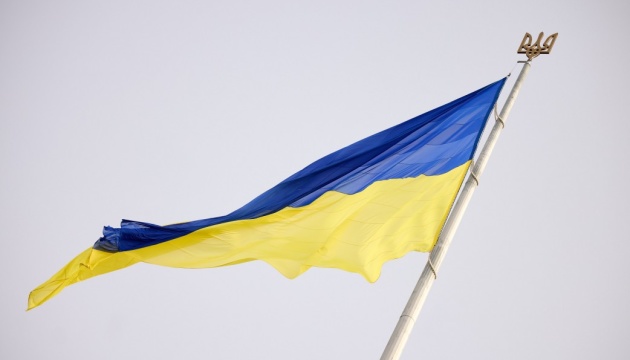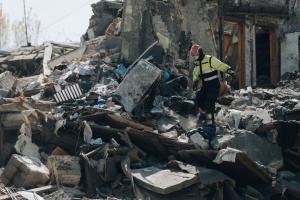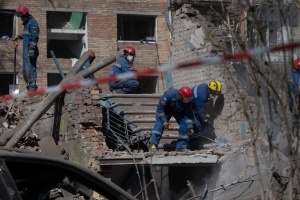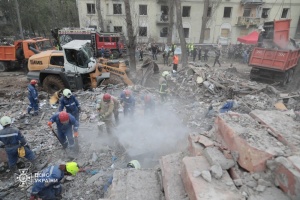
Ukraine to receive military equipment worth over $241M from allies
This is said in a press release published on the UK Government’s website following a meeting of NATO defence ministers in Brussels, Ukrinform reports.
“Ukraine will receive capabilities worth millions including tank spares, uncrewed air systems, electronic warfare, and air defence, from the first package of multi-million pound funding from the International Fund for Ukraine (IFU),” the press release says.
The first equipment package was agreed by the UK, Netherlands, Norway, Sweden, and Denmark. These partners, along with Iceland and Lithuania, have contributed a collective total of more than £520 million to the fund (over $627 mln).
It is noted that with an expected value of more than £200m, the first package will include vital capabilities in the form of artillery ammunition, maritime intelligence, surveillance and reconnaissance, and spare parts for equipment, including Ukraine’s current tanks.
“This equipment package will provide a significant capability boost for the Armed Forces of Ukraine and will support their ability to defend their country. The UK led International Fund for Ukraine demonstrates the commitment of the UK and our Allies to ensure Ukraine receives vital military aid necessary to defend against Russia’s illegal invasion,” said UK Defence Secretary Ben Wallace.
In addition, following this morning’s NATO meeting, 18 European nations, including the UK, agreed to sign a joint letter of intent to explore and develop a framework for improved surveillance from space, through multinational cooperation and sharing of national space-based capabilities.
The agreement, which will launch the Allied Persistent Surveillance from Space Initiative (APSS), was signed by the UK, Belgium, Bulgaria, Canada, France, Germany, Greece, Hungary, Italy, Luxembourg, the Netherlands, Norway, Poland, Portugal, Romania, Spain, Turkey, and Sweden.
The letter of intent agrees that signatory nations will explore: the potential for sharing data from national surveillance satellites; processing, exploitation, and dissemination of data from within national capabilities; and funding to purchase data from commercial companies. APSS is expected to start operating in 2025.
“Russia’s illegal invasion of Ukraine has highlighted the importance of a persistent space surveillance capability, which also forms one of the North Atlantic Council’s agreed strategic outcomes of its Joint Intelligence, Surveillance and Reconnaissance Vision 2030+,” the press release says.
Photo: Emerging Europe




